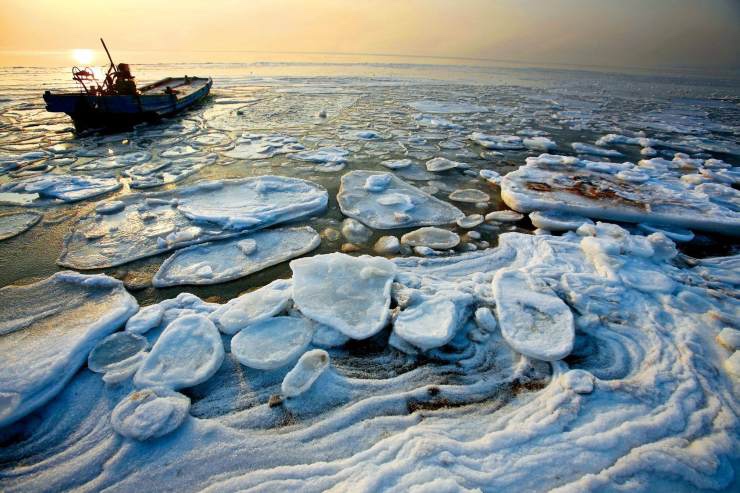
Climate change is an existential threat that affects every living creature on our planet. Despite the overwhelming scientific consensus on the reality and severity of the problem, some still choose to deny or downplay its significance. However, the facts speak for themselves. The Earth's temperature is rising at an alarming rate, and the consequences are already being felt in the form of extreme weather events, sea level rise, and ecosystem disruptions.
The effects of climate change are not limited to a specific region or country, but are felt worldwide. The developing world, which is least responsible for the problem, is often the hardest hit, with vulnerable communities facing the brunt of the impact. Small island nations are at risk of being submerged by rising sea levels, while droughts and floods devastate agricultural areas. The poorest and most marginalized populations are the most vulnerable to the effects of climate change, exacerbating existing inequalities and making it a social justice issue.
It is imperative that we take immediate action to mitigate the effects of climate change. This involves a global effort to reduce greenhouse gas emissions, as well as to adapt to the changes that are already underway. The Paris Agreement, signed by almost every country in the world, aims to limit global warming to well below 2 degrees Celsius above pre-industrial levels, with the ultimate goal of limiting warming to 1.5 degrees Celsius. While this is a positive step, much more needs to be done to meet these goals.
Individuals, governments, and businesses all have a role to play in addressing climate change. Individuals can make a difference by adopting more sustainable lifestyles, reducing their carbon footprint, and advocating for policy changes. Governments can enact policies that encourage the transition to a low-carbon economy, invest in renewable energy, and provide financial and technical support to vulnerable communities. Businesses can adopt more sustainable practices, reduce waste, and develop innovative solutions to mitigate the effects of climate change.
In conclusion, climate change is a global challenge that demands urgent action. The consequences of inaction are too dire to ignore. We must act now to reduce greenhouse gas emissions, adapt to the changes that are already underway, and protect vulnerable communities. This requires a collective effort from individuals, governments, and businesses worldwide. We owe it to ourselves and to future generations to take decisive action on this critical issue.
文章评论